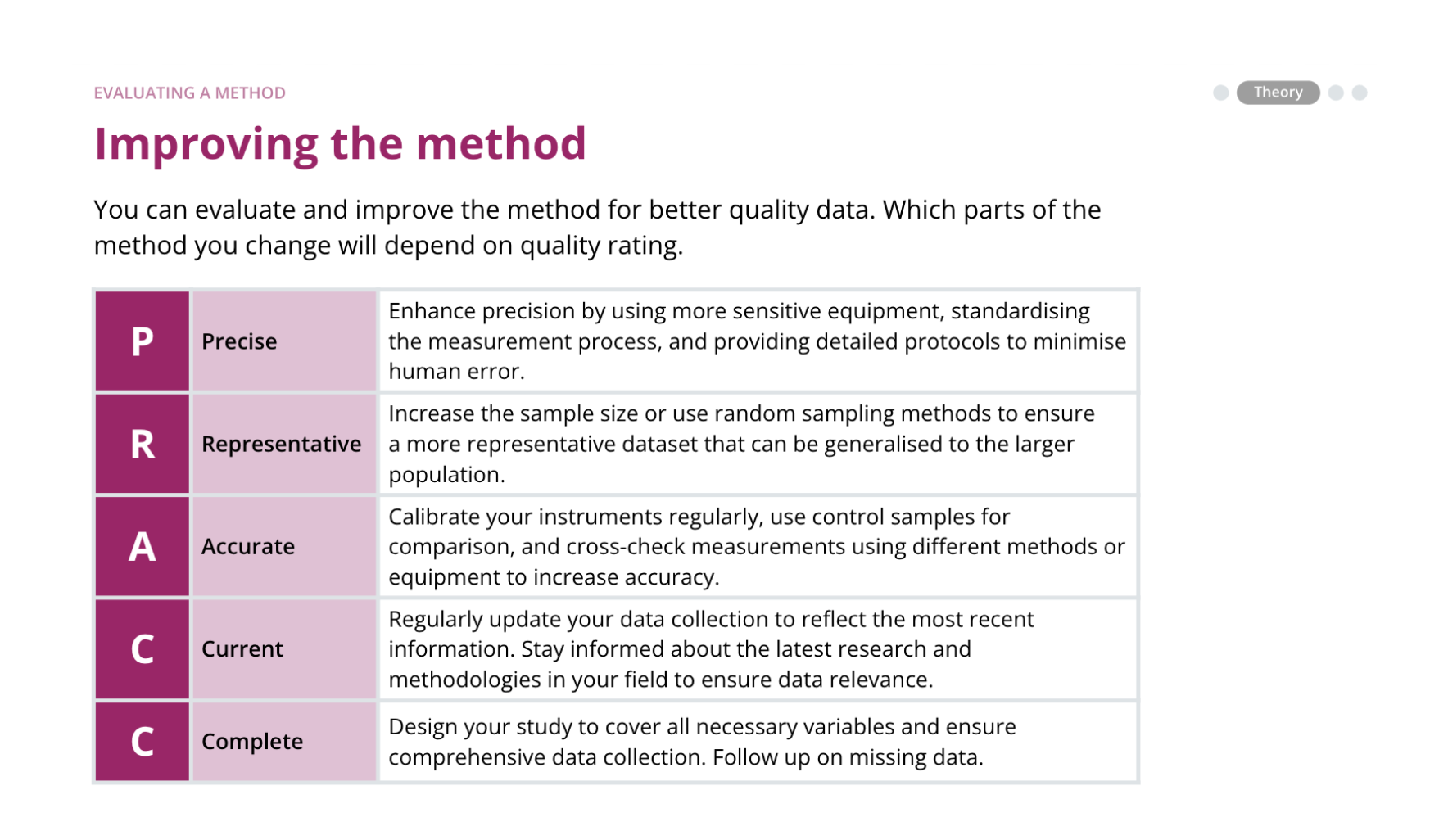Science prac pack for World Environment and Oceans Days
Stacey Martin - Lead author of Year 7 - 10 Science
June 2, 2024
•
6
-min read time
Make a splash and celebrate World Environment and World Oceans Day with these 3 ready-to-go practicals, with risk assessments available through Risk Assess.
The 3 pracs are aligned to the following curricular:
- Year 9 - The Carbon Cycle in Australian Curriculum 9.0
- Year 10 - Global Systems in the Victorian Curriculum
.png)
Below is a handy summary of each prac and tips to adapt for other year levels.
Practical 1: Earth’s blanket
- SCIENCE INQUIRY SKILL focus: Communicating – Scientific reporting
- This investigation requires students to develop an introduction section for a scientific report.
- The questions in this practical are most appropriate for Years 9 and 10.
- To modify this for Years 7 and 8, consider removing the introduction and modifying the skill to develop a conclusion. The introduction section of a report is usually introduced in Year 9 or later, so this might be confusing if your students haven’t come across it before.
- Help scaffold the conclusion writing process for students as they practice the skill of scientific reporting. For example, provide them with a framework such as RERUN, which we provide in our relevant skill slides (see below).
- You might also wish to use the model answers to copy and paste a conclusion and then remove some key terms, adding them to a word bank that your students can then use to fill it in.

Practical 2: Carbon capture
- SCIENCE INQUIRY SKILL focus: Planning and conducting – Developing a method
- This investigation requires students to address the limitations and assumptions of a model.
- If you need to sharpen this skill check out 1B.2 from Year 8 Science.
- The questions in this investigation require some mathematical calculations and are pitched for Years 9 and 10. This activity could be completed by Years 7 and 8, but consider removing questions 5 and 6 for lower year levels. To help your students with what to look for when addressing limitations and assumptions, you might find the slide below helpful, which is part of the relevant skill slides.

Practical 3: Shell Shock
- SCIENCE INQUIRY SKILL focus: Evaluating – Evaluating a method
- This investigation requires students to evaluate the repeatability and reproducibility of data collected given the method.
- The questions in this practical are most appropriate for Years 9 and 10. This activity could be completed by Years 7 and 8, but consider removing the introduction sections and determining whether addressing repeatability and reproducibility is appropriate.
- You may wish to change the focus of the skill to evaluating how to make the method valid. You could do this by having students compare their results to see if by following the same method they were all able to obtain similar results, and if not, how the method might be improved to achieve that. Some examples of ways a method can be improved are taken from our skills slides.



